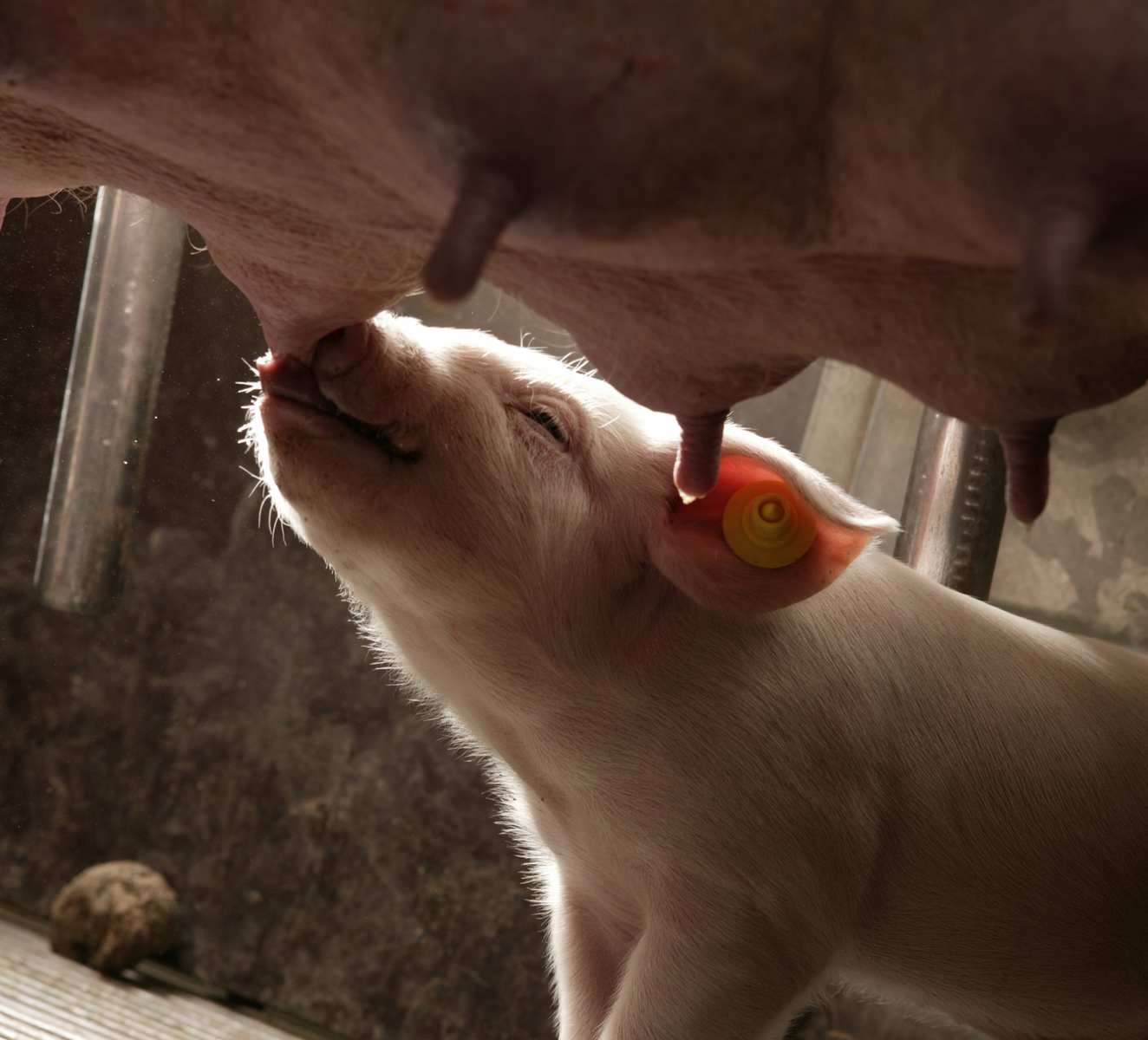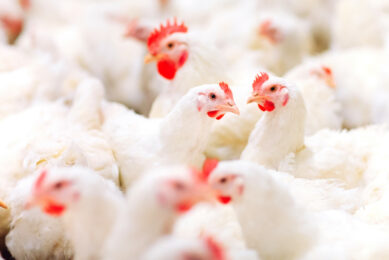Optimising pig profits starts with sow nutrition

Modern sows are highly productive during lactation and therefore need high levels of energy intake in order to meet their and their piglets’ requirements. However, in practice sows are not able to consume these levels of energy.
Many studies have been conducted to find out how this dis-balance in energy uptake and energy requirement can be managed, in order to provide the lactating sow the most optimal diet. Research focuses on the amounts of energy in feed during different life phases, but also on other factors, like the supplementation of feed additives.
Sow milk is important
It is generally accepted that one of the most efficient ways to stimulate a good life start of the piglet is via the sow milk. By adding monoglycerides of short -and medium chain fatty acids to the lactation feed of sow milk will be boosted. By improving the quality of the sow milk piglet health and performance can be improved.
Asian and European trials
Trial results from Asia showed that 2.25 kg short chain monoglycerides per ton of lactation feed, fed one week before farrowing until day of first service, leads to improved performance of piglets during lactation, and improved reproduction results of the sow after weaning. Also a strong reduction in pre-weaning mortality was observed. A European trial where 10 mg of medium chain monoglycerides per sow per day was given, during the whole lactation period, showed a higher number of weaned piglets per sow and lower pre-weaning mortality. Moreover sow reproduction was positively influenced, by reducing the number of open days.
Boost piglet nutrition
These results show that short – and medium chain monoglycerides are a useful tool to boost piglet performance via sow nutrition, especially if there is a high on farm disease pressure. FRAmelco is currently exploring the further benefits of applying monoglycerides in lactation feeds.
The full article can be read on page 28 of the latest edition of AllAboutFeed magazine.











